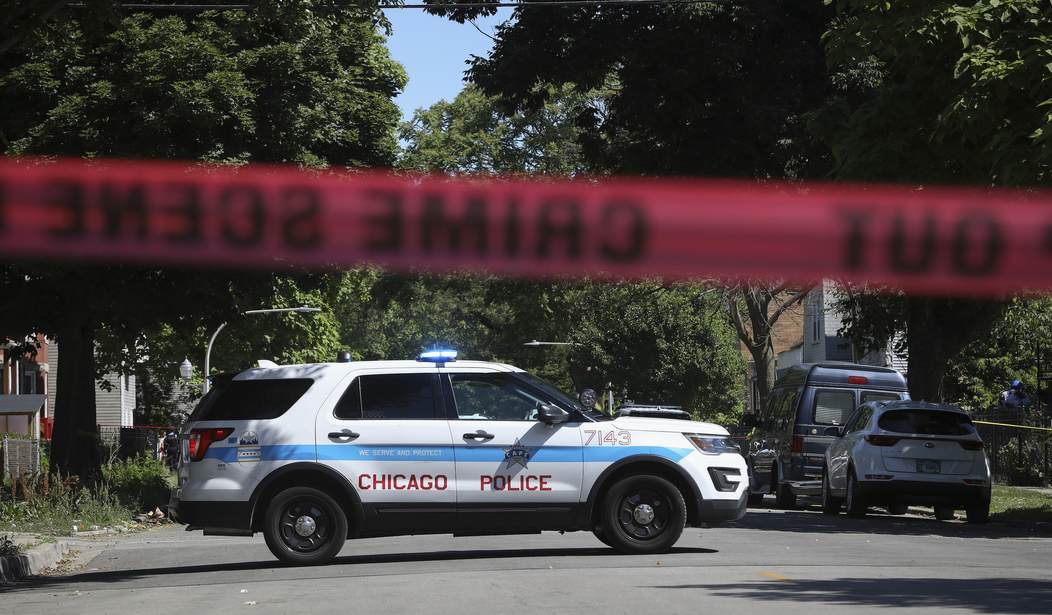Chicago saw nearly 600 homicides in 2022, five times higher that New York City and 2.5 times higher than Los Angeles.
Chicago Mayor Lori Lightfoot and Gov. J.B. Pritzker (D-Ill) have repeatedly pushed back on criticism that highlights their failed crime policies.
However, beginning January 1, they will no longer be able to escape the reality that a new law will bring to the state.
The state’s Safety, Accountability, Fairness, and Equity-Today (Safe-T) Act will pretty much end cashless bail.
It will also limit when defendants can be deemed flight risks and allow defendants under electronic monitoring to leave home for 48 hours before they can be charged with escape.
Meaning criminals can be walking around the state for two days before police officers are called to go looking for them.
The law will also drop trespassing from a Class A misdemeanor to a Class B misdemeanor. So officers will no longer be able to arrest non-violent trespassers and instead only issue them a citation.
Sounds safe for the people of Illinois.
A class-action lawsuit, which dozens of counties across the state signed, argued that the pre-trial release and bail reforms in the SAFE-T act are unconstitutional.
“Today’s ruling affirms that we are still a government of the people and that the Constitutional protections afforded to the citizens of Illinois – most importantly the right to exercise our voice with our vote – are inalienable," Kankakee County State Attorney Jim Rowe, one of the lead plaintiffs in the suit, said in a statement.
Recommended
As the state appeals the decision, a higher court in Illinois eliminated cash bail, however, the rest of the bill remains in effect.
In his 33-page opinion, Judge Thomas Cunnington cited the need for a separation of powers, saying "...the appropriateness of bail rests with the authority of the court and may not be determined by legislative fiat."
The ruling means the pre-trial release and bail reforms spelled out in the law will not take effect in those counties come the first of the year. The portion of the law would have allowed judges to decide if a defendant does not pose a public safety risk, they could be released without posting cash bail.
Orland Park Mayor Keith Pekau told Fox News that this is the most dangerous law he has ever seen.

























Join the conversation as a VIP Member